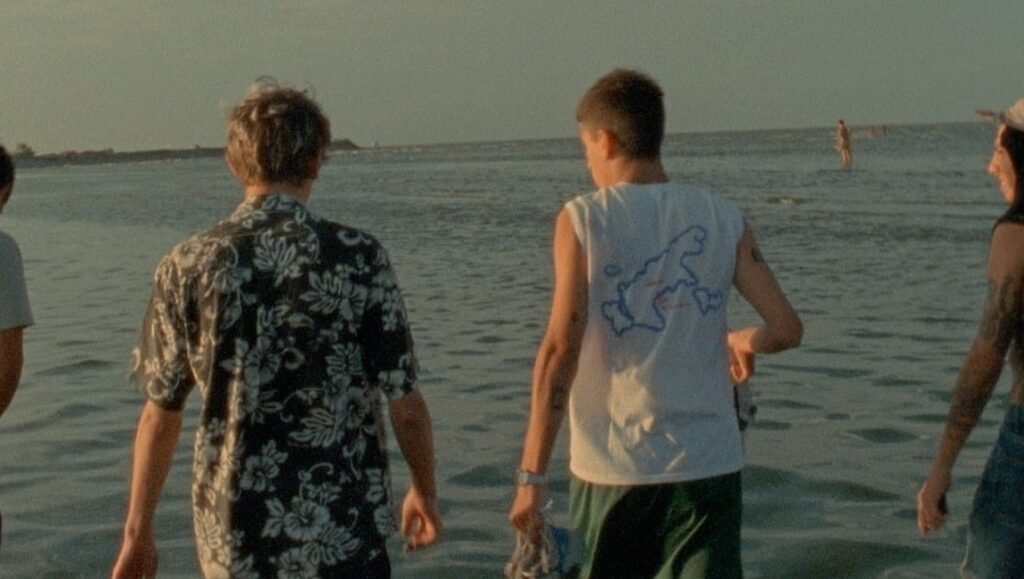Eduardo Williams’s debut feature, The Human Surge, may well benefit from a second look, but it doesn’t incentivize one. That’s certainly not for lack of ambition: Structured in three parts, the film opens in Argentina, eventually moving to Mozambique and then finally to the Philippines, following the lives of a few young men (and some women) in each location. These people work menial jobs, mill about aimlessly, and in one case, engage in sex acts for an online webcam show. All the while, Williams’s handheld camera keeps its distance, hovering and observing like a disembodied specter. To his credit, this detached mode of remains committed to throughout.
And that’s interesting enough for a while, but The Human Surge quickly begins to feel tedious. It may not be conceptually wan; ideas on globalization, interconnectedness, human labor, and much more, swirl about and in its images (captured using a different format for each section). But more often than not, ideas are only suggested, not developed, and are curiously divorced from Williams’s overall formal approach. Two jaw-dropping transitions bridge the three parts (a computer screen makes a leap from Buenos Aires to Maputo, Mozambique; a dive into an anthill relocates the camera from Maputo to the island of Bohol, Philippines), but otherwise, The Human Surge elicits only minimal engagement. Williams shows unmistakable talent behind the camera, and what he attempts is both bold and ambitious, as a debut should be. But the overall result remains something of a disappointment.
Published as part of Vancouver International Film Festival 2016 | Dispatch 3.


Comments are closed.